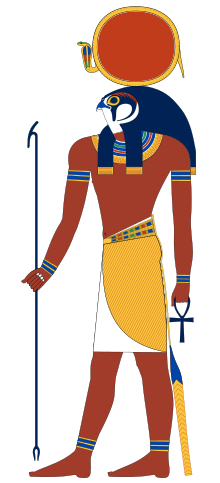- Feb 24, 2013
- 45,365
- 37,740
- AFL Club
- Hawthorn
- Other Teams
- Man Utd Green Bay Melb Storm
- Banned
- #2,976
Roy v P35 this should be fun. i'll back the logic and facts of Roy v the fluff and pretentiousness of P35 in a complete obliteration by page 121.
LOL....Once a clueless nuffie, always a clueless nuffie.









